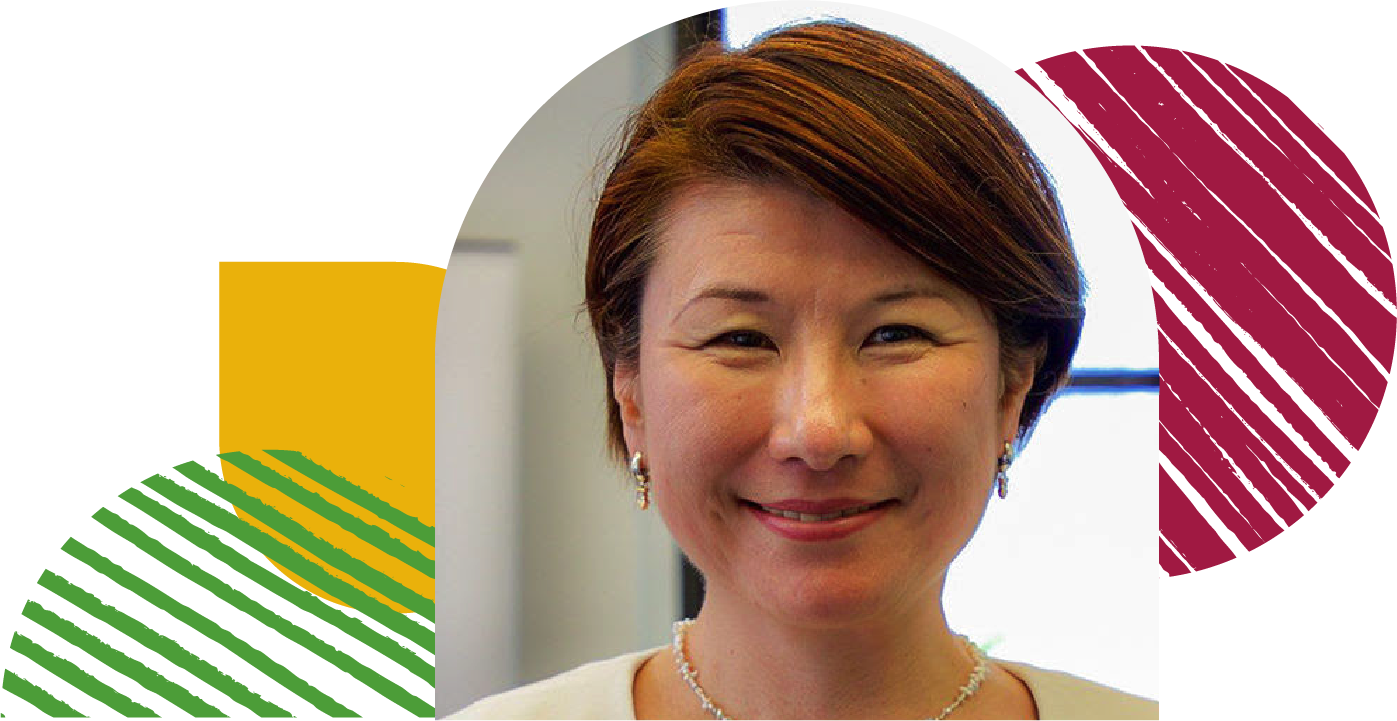UNDP Assistant Administrator,
Director of Crisis Bureau
Ms. Asako Okai


UNDP Assistant Administrator,
Director of Crisis Bureau
Ms. Asako Okai
Introduction
Entering 2020, the world had high hopes for that year to become an essential milestone in the Decade of Action, with achievements in peacebuilding and development being reinforced and multiplied. Instead, we found ourselves facing a global justice emergency and had to witness how many of our previous gains were reversed, slowing down global progress towards the 2030 Agenda. The COVID-19 pandemic has exacerbated deep-rooted inequalities and hindered pathways to peace and development, especially in crisis, conflict, and peacebuilding contexts. National lockdowns introduced to hold back the virus have too often limited people’s opportunities to access justice and protect their rights, further affecting those who were already on the edge.
While the pandemic has brought forth new obstacles to achieving the Sustainable Development Goals, it also made this accomplishment more urgent and necessary than ever. Against this backdrop, the Crisis Bureau had to rethink its solutions and adapt our way of working. The new challenge has not stopped and will not stop UNDP in progressing through the Decade of Action, prioritizing people-centered approaches along the way. On the contrary, our teams’ actions were reinvigorated, driven by the commitment to promote human rights, and ensure peaceful, just, and inclusive societies.
Working across five regions, UNDP’s Global Programme on Strengthening the Rule of Law and Human Rights for Sustaining Peace and Fostering Development aims to bring real change to the lives of women and men, girls and boys who make up our diverse society, especially those furthest left behind. Responding to a sharp rise in cases of sexual and gender-based violence (SGBV), UNDP facilitated access to shelter, support, and justice for the survivors. In Burundi and Liberia, for instance, judicial mechanisms were strengthened to review SGBV cases, and in Cote d’Ivoire and Uzbekistan digital alert system and a mobile application were operationalized to report SGBV cases and locate the nearest rehabilitation centers. Through partnerships, including with local civil society, UNDP facilitated access to legal aid and mediation services for thousands of people from the Central-African Republic, Chad and Guinea Bissau to Belarus, Kyrgyz Republic and Nepal.
This 2020 annual report of UNDP’s Global Programme highlights how in many places of the world, communities and governments welcomed initiatives for political participation and people-centered security. In Chile, UNDP’s joint activities with the government, civil society and UN partners resulted in the largest turnout in the constitutional referendum since 2012. In Burkina Faso, security solutions were discussed through a facilitated dialogue that brought together civil society organizations, traditional and religious authorities, and Defence and Security Forces to ensure diverse views were taken into consideration. In Lebanon, UNDP supported the transformation of the Municipal Police (MP) into a human rights-centered service to the communities, engaging more than 200 municipalities across the country.
The response to the pandemic through our business and human rights engagement was prompt and emblematic, proving once again the importance of looking into the role businesses can play during crises and in their aftermath. By providing guidance to companies to mitigate their pandemic-related human rights risks and by making the guidance document available in 11 languages, UNDP managed to fill in the knowledge gap and induced concrete steps by businesses across five continents to apply a human rights-based approach and adopt non-discriminatory policies.
Having entered a second year characterised by the global COVID-19 crisis and facing a global justice emergency, along with protracted conflicts and new upsurges in violence we remain confident that charting a course towards indisputable respect for the rule of law and human rights is the only way forward. With this vision, we have recently started the consultative process of a Human Rights Strategic Reflection to demonstrate how UNDP can contribute to the implementation of the Secretary General’s Call to Action on Human Rights. This process will be people-centred and built on evidence from the field, along with global policy considerations.
Finally, a word on partnerships. We are committed to foster a one-UN approach to Rule of Law, Security and Human Rights. Through the Global Focal Point arrangement UNDP co-chairs with the UN Department of Peace Operations we support over 18 countries. In 2020 we built additional funded programmatic activities through partnerships with OHCHR, PBSO, UN Women, UNHCR, UNODA (SALIENT), UNPOL, and many others. You will find more details throughout this report.
Providing a more in-depth look at the achievements and challenges faced by UNDP and our partners in 2020, this report will also contribute to the analysis of lessons learnt and inform the design of the phase IV (2022-2025) of the Global Programme on Rule of Law, Security, and Human Rights.

Asako Okai, Assistant Secretary-General, Assistant Administrator and
Director, Crisis Bureau, UNDP